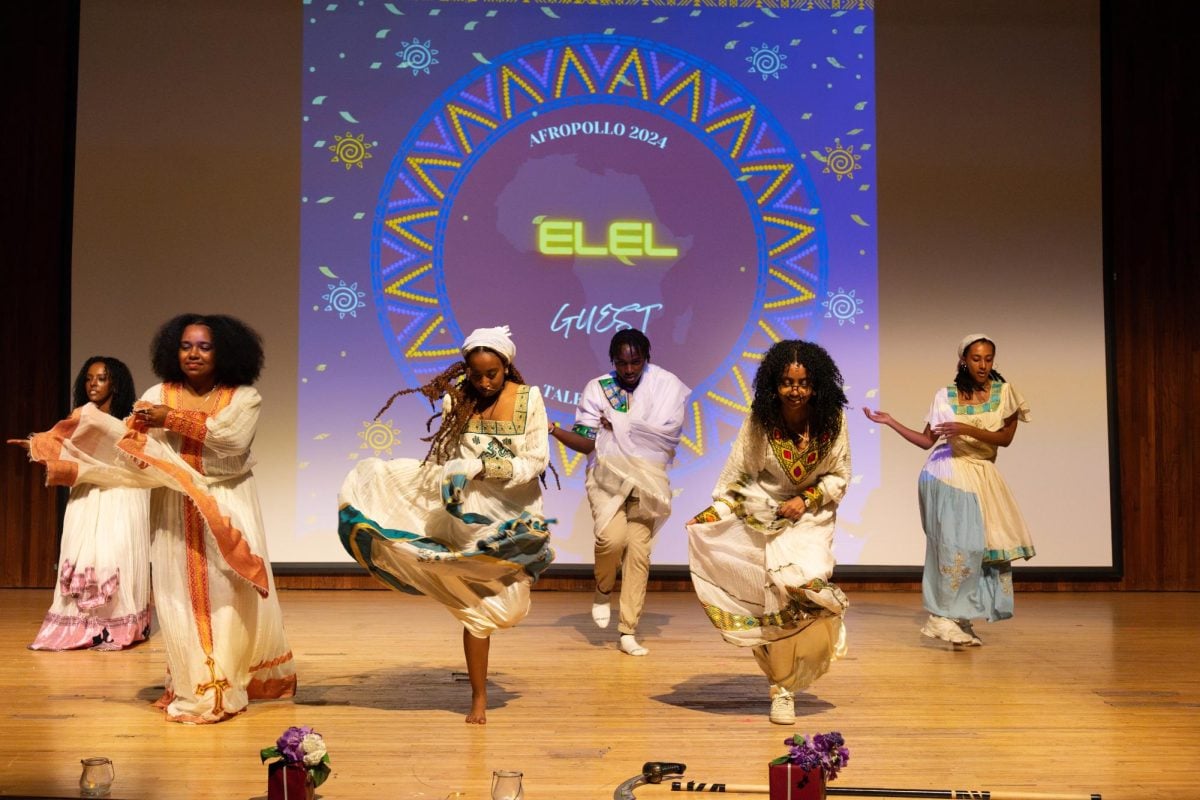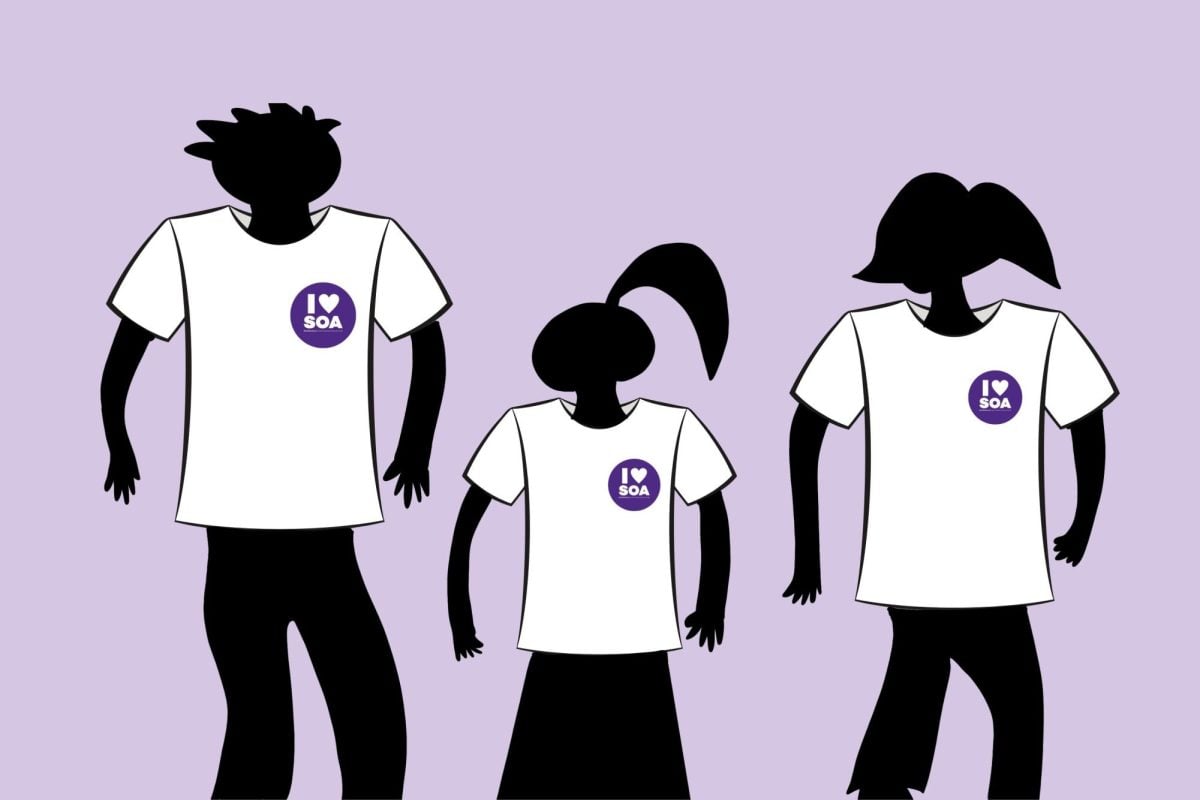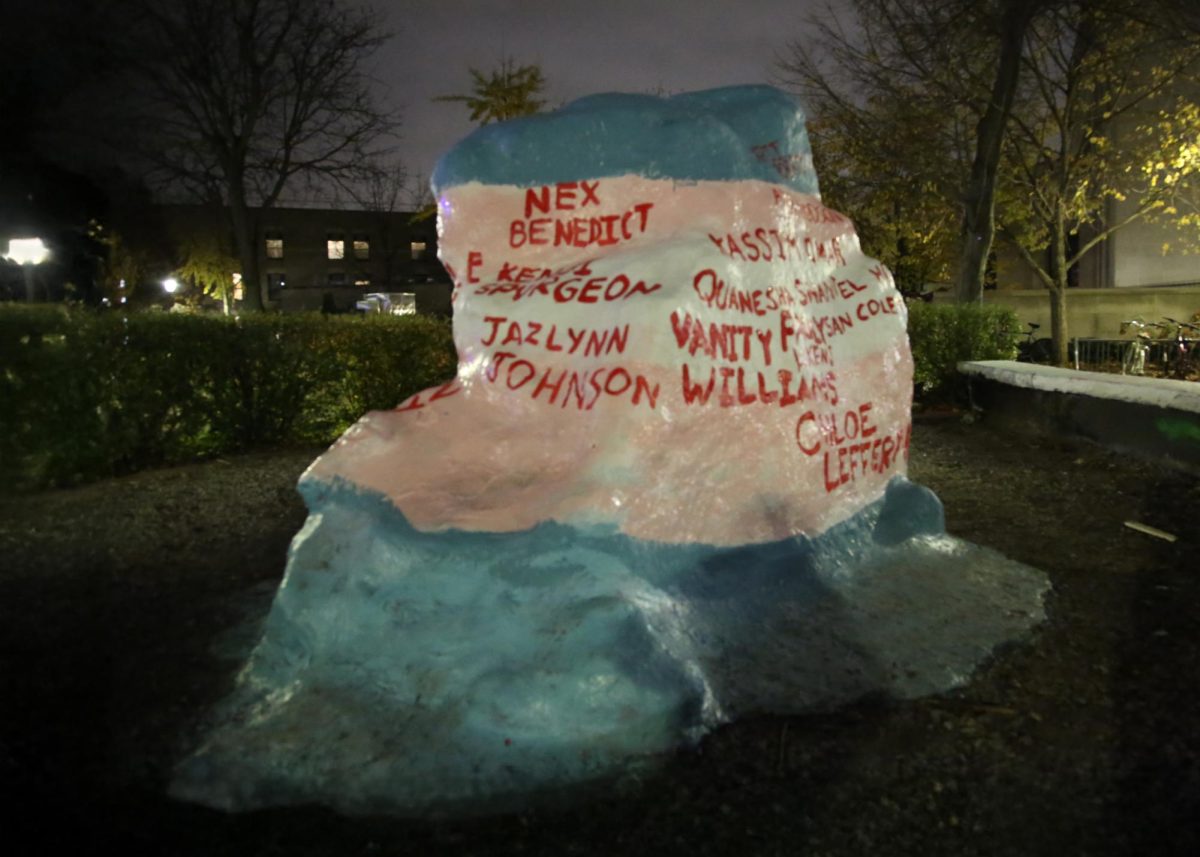As many students wrap up the quarter with Reading Period and final exams, the future Peer Inclusion Educators anticipate their training workshops, which are scheduled for the next couple weeks and all of Winter Quarter.
McCormick junior Michelle Ferber, one of the co-lead facilitators of PIE, said the group is “really, really happy” with the applications. The goal of PIE is to foster an inclusive community by addressing issues regarding personal awareness and social justice with others on campus and works within the Department of Campus Inclusion and Community.
“We were mostly looking for as diverse of a group as possible,” Ferber said. “We have people representing from all over campus: different socioeconomic backgrounds, gender, race and ethnicity.”
The deadline for applications was Sunday. Winter Quarter will be the training period for the newest peer educators. This is the first year of the program, which was created as a direct response and complement to the Peer Inclusion Task Force.
Those who were chosen to be peer educators will have to go to sustained dialogue preparation, which lasts two full days. The group will then meet once a week with different administrators and participate in different kinds of training, including CPR and BACCHUS Network training, which is a national peer education initiative network on more than 330 campuses nationwide.
Co-director Hazim Abdullah-Smith said he thinks the training process will benefit the new peer educators.
“This training helps prepare peer inclusion educators be more comfortable approaching various topics around social identities such as sexuality, race, gender and socio-economic status,” the SESP sophomore said.
The class of 2017 alone is ethnically and socioeconomically diverse, with 48 percent non-majority students and 14 percent low-income students. Students also represent a range of ideologies and backgrounds. It is because of all this that Ferber says diversity and inclusion are so important.
“This is one of the few times in our lives that everyone will have diversity in every sense of the word,” she said. “People don’t really have the tools to discuss their personal experiences.”
PIE will give students an opportunity to reflect on their own background and biases and will encourage dialogue around issues of difference while developing mechanisms for addressing those issues.
“We all are one Northwestern,” Ferber said. “We all are part of the same community.”
Email: [email protected]
Twitter: @jgerez_news












